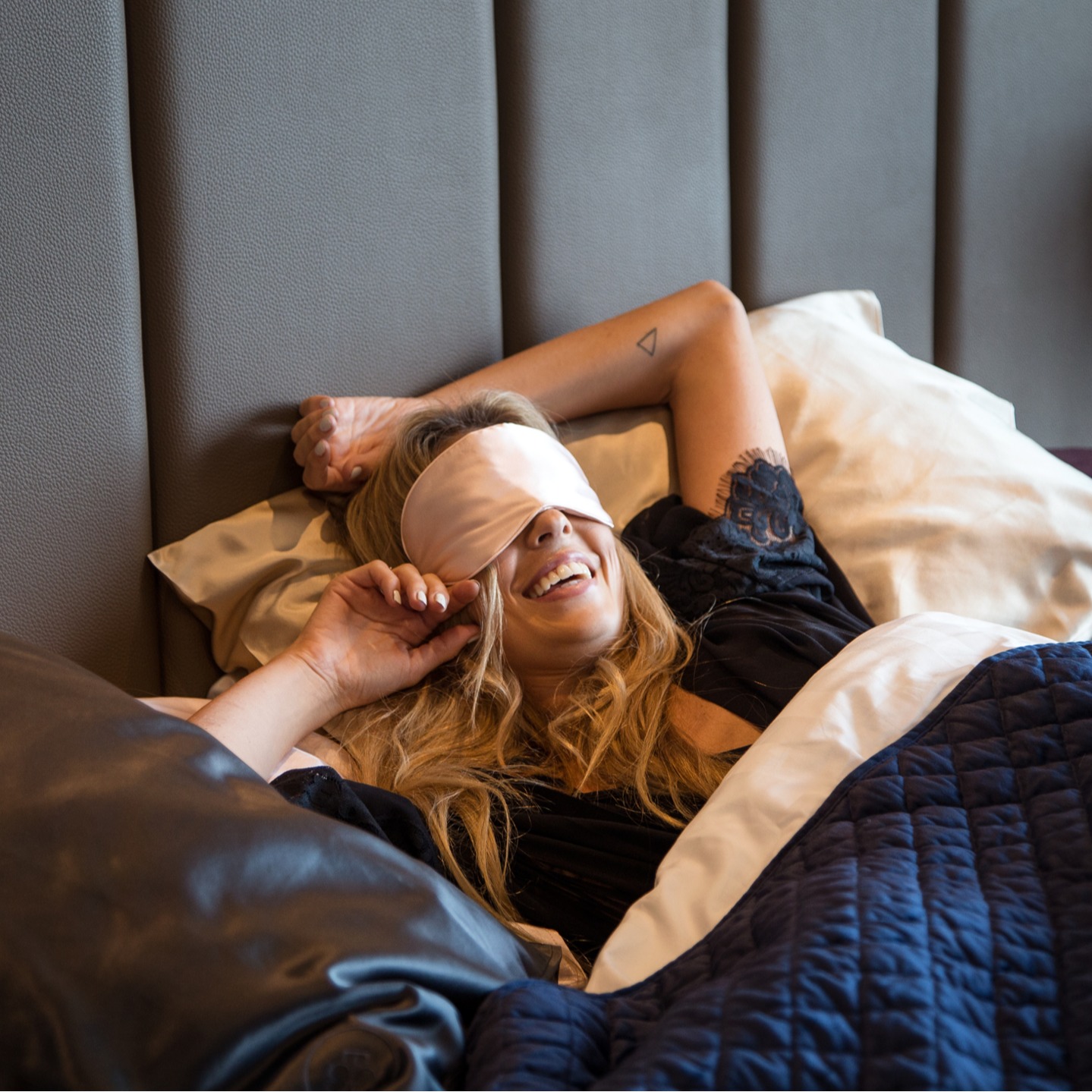Unless you’re still in your teens, the days of falling asleep in five minutes flat and sleeping like a rock until 11 a.m. are likely a distant memory. But if you’ve noticed that it’s become harder to simply get a solid eight hours rest than it was even a few years ago, it’s not your imagination.
Getting older affects sleep quantity and quality – it’s harder to fall asleep, stay asleep and, ultimately, achieve optimal sleep as we get older. What does not appear to change is how much sleep you need. Sleep needs do not actually change later in life! Although the amount of sleep adults need varies individually, typically you don’t need less sleep as we age.
Still, getting a good night’s sleep may be harder to come by as you get older. For instance, some people have trouble falling or staying asleep – and waking up several times a night may also be an issue as you age.
Both biology and the stressors of life, which can accumulate over time, contribute to worsening sleep. As we get older, changes in our bodies make it harder to get a good night’s rest, and factors like medical conditions and financial and familial worries can compound our sleep troubles.
According to a poll from The National Sleep Foundation, 44 percent of older persons experience one or more symptoms of insomnia at least a few nights per week or more, which includes not being able to fall asleep. One reason you might be tossing and turning could be the emotions and stress that can result from mounting stressors and the life changes that happen with age.
When we are younger, we enjoy relatively significant quantities of slow-wave sleep. This is the deep, restorative sleep also known as REM (Rapid Eye Movement) sleep. As we grow into adults, our REM sleep begins to decline, and as elderly adults our REM sleep occurs less frequently and for shorter periods at a time, resulting in a lighter, more fragmented sleep.
Whether you’re adjusting to retirement, a new job, are dealing with an empty nest or have experienced the death of a loved one, the toll these transitions take can significantly affect your sleep habits. In any age group, but probably more as we get older, a busy brain is one of the biggest factors affecting sleep.
Establish a sleep ritual that promotes a separation of daytime and nighttime and helps you release any pent-up emotions lingering from the day. Maybe it’s taking a long, hot bath, practicing deep breathing techniques or doing some calming stretches. Whatever you choose, the goal is to do something that induces relaxation by calming your mind, and looking after yourself.


